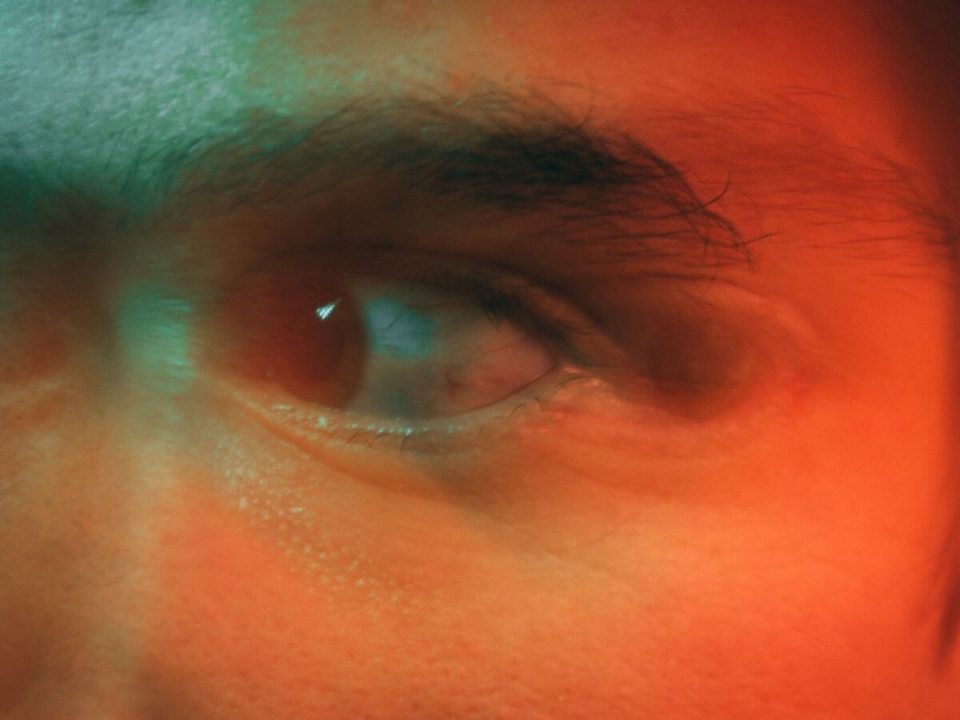Overcoming your alcohol or drug problem is definitely not easy. Did you know that alcohol is addictive too? Are you aware of the most addictive drugs?
More and more people face challenges in quitting alcohol and drugs. Hoping to educate as many people as possible, today we will speak about the effects of using alcohol or drugs, why people get into these bad habits, but also what are the benefits of living sober or at least cutting back alcohol.
 KEY TAKEAWAYS
KEY TAKEAWAYS
- Overcoming your alcohol our drug problem is a gradual process.
- Alcohol and drugs damage the brain, liver, cardiovascular system, and gut.
- People who are physically dependent on alcohol, and attempt to stop suddenly may experience sweating, shaking, nausea, and can even go into shock and die.
- Drug addiction is a chronic disease defined by uncontrollable drug seeking and use, despite harmful consequences.
Table of Contents
Overcoming your alcohol or drug problem
I want to start this post on a positive note. So first, we will look into the benefits of overcoming your alcohol or drug problem. I strongly believe that avoiding speaking about these problems doesn’t help, so the second part of the article will focus on effects, causes and treatment options.
Benefits of living sober
Let’s be clear: alcohol and drugs damage the brain, liver, cardiovascular system, and gut. Based on research, once you overcome your alcohol or drugs problem, these damages will start to heal.
The hardest part is to get past the temporary alcohol or drug withdrawal symptoms. But once you manage to get over this period, you will notice improvements in your physical and mental health.
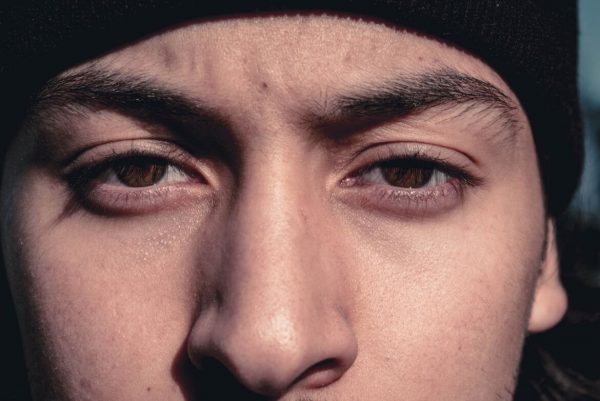 Here are the most important benefits of overcoming your alcohol or drug problem:
Here are the most important benefits of overcoming your alcohol or drug problem:
- Better-looking skin
- Improved sleep
- Healthier weight
- Improved mental health
- Improved immunity
- Enhanced nutrition
- Lower risk of cancer
- Reduced cardiovascular risk
- Better memory
Sober celebrities
Why not follow these sober celebrities’ examples? They have proven that you can still party and enjoy yourself, while embracing a sober life:
- Natalie Portman
- Elton John
- Rumer Willis
- Dax Shepard
- Shania Twain
- Tyler, The Creator
- Zac Efron
- Bradley Cooper
- Tyra Banks
- Kristian David
 Alcohol is addictive
Alcohol is addictive
Yes, alcohol is addictive! Heavy drinking over a long period of time can cause physical dependence which means that the body needs alcohol every day. People who are physically dependent on alcohol and attempt to stop suddenly may experience sweating, shaking, nausea, and can even go into shock and die.
According to the National Institute of Alcohol Abuse and Alcoholism adults of legal drinking age can choose not to drink, or to drink in moderation and limit themselves to 2 drinks per day for men, and 1 drink per day for women.
Negative effects of alcohol
Heavy drinking can have dangerous and even deadly short-term and long-term effects. This is applicable for both individuals who drink regularly or those who binge drink once or twice.
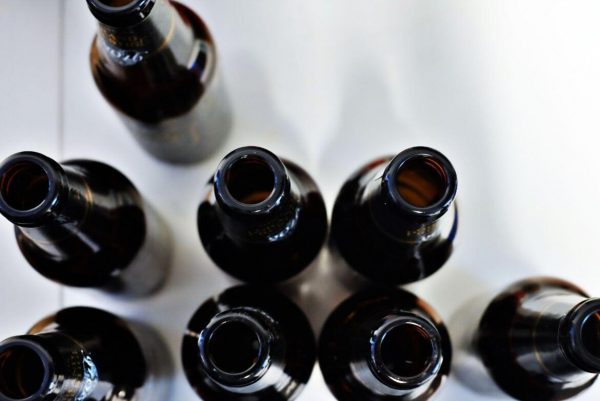 Short term effects of alcohol
Short term effects of alcohol
These are just some of the many short-term effects of alcohol consumption in high quantities:
- Inflammation of the liver, stomach, and pancreas
- High blood pressure
- Irregular heartbeat
- Dehydration
- Increased risk of sexual transmitted infections
- Low blood sugar levels
- Increased risk of injury or death
- Blackouts
Long term effects of alcohol
Heavy drinking can also have long term effects on our health. It damages the following organs or body processes:
- Liver: increased risk of liver disease and chronic liver inflammation
- Low blood sugar or hypoglycaemia
- Central Nervous System
- Digestive System
- Circulatory system: high blood pressure, irregular heartbeat, stroke, heart attack, heart disease
- Sexual and reproductive system
- Muscle system
- Immune system
How to quit drinking alcohol
If you are considering overcoming you alcohol problem these tips can help you get started. No matter how heavy your drinking is, you can recover. Whether you want to quit drinking or cut it down, recovery is usually a gradual process. In the early stages, it’s important to admit the problem and fight the denial.
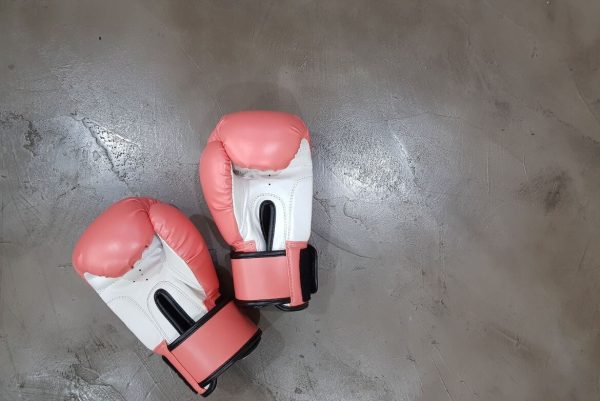 1. Evaluate the costs and benefits of not drinking
1. Evaluate the costs and benefits of not drinking
Note down these costs and benefits of not drinking. This way you will better realize the advantages.
2. Set goals
Once you decide to make the change, set specific, realistic goals for you to follow. Based on the goals set for yourself, it’s important to get rid of temptations, announce your goals, and avoid bad influences. In case you only want to cut down the drinking level, keep a record of your drinking as well.
3. Alcohol addiction treatment options
While some people are able to stop drinking on their own with a strict program, others need medical supervision in order to withdraw from alcohol safely. Depending on how much you have been drinking, your condition and living situation, you can choose one of the following treatment options:
- Residential treatment, which normally lasts from 30 to 90 days
- Partial hospitalization for 3-5 days a week, 4-6 hours per day
- IOP (Intensive Outpatient Programs)
- Therapy
 Most addictive drugs
Most addictive drugs
Drug addiction is a chronic disease defined by uncontrollable drug seeking and use, despite harmful consequences. The path to drug addiction begins with a voluntary act of taking drugs, however, in time, the act becomes compulsive.
Drug categories based on effect
Based on their effects, drugs are categorized as follow:
- Depressants: Alcohol, Opioids (Heroine, Fentanyl, Oxycodone), Barbiturates (Amytal, Luminal, Phenobarbital)
- Stimulants: Adderall, Cocaine, Meth
- Hallucinogens: LSD, Psilocybin Mushrooms, PCP
- Inhalants: Paint thinner, Nail polish remover, Gasoline
10 Most addictive drugs
Here are the most addictive substances and deadliest drugs:
- Heroin
Made from morphine, Heroin can be injected, snorted or smoked. The United States is actually currently facing an epidemic of heroin addiction.
- Cocaine
Derived from the coca plant which grows in South America, cocaine is normally taken by snorting. It quickly delivers the brain with dopamine, creating an intense, short-lived high. People become addicted to cocaine as they want to keep recreating the high.
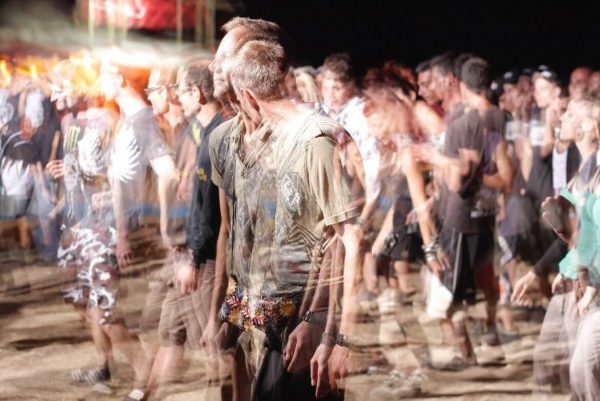 Crack Cocaine
Crack Cocaine
Crack Cocaine is a form of Cocaine manufactured into rock form, with similar, however faster effects.
- Alcohol
Even if it’s legal, alcohol is considered a drug, as it releases dopamine into the brain.
- Nicotine
Similar to alcohol, Notice is a legal drug, despite the increased health warnings.
- Barbiturates
Barbiturates used to be prescribed by physicians to treat conditions such as anxiety. Also called “downers”, they are illegally distributed on the streets, and used to counteract the effects of stimulant drugs.
- Methadone
Methadone is an opiate drug, usually used to treat heroin addiction.
- Crystal Meth
Crystal Meth is the most dangerous drug from all varieties of meth. It creates an intense excitement and pleasure. It is highly addictive as it makes the brain become reliant on the increased dopamine level.
 Amphetamines
Amphetamines
Amphetamines are stimulants, usually prescribed for treating common disorders such as ADD and ADHD. When not used for the prescribed purpose, they can be very additive, with multiple side effects.
- Benzodiazepines
Benzodiazepines are usually prescribed for treating anxiety. They can be addictive when used for other purposes than their intended use.
Addictive drugs: Effects
Drugs are chemicals with long-lasting side effects for both the body and the brain. They interfere with the person’s ability to make choices, leading to intense cravings and compulsive drug use.
 These negative effects vary depending on the type of drug, how much and how often it’s taken and the person’s general health. Overall, they can impact almost every organ in the body:
These negative effects vary depending on the type of drug, how much and how often it’s taken and the person’s general health. Overall, they can impact almost every organ in the body:
- Weakened immune system
- Heart conditions: heart attacks, collapsed veins, blood vessel infections
- Nausea
- Liver damage or failure
- Seizures, stroke, mental confusion and brain damage
- Lung disease
- Memory and attention problems
Signs of drug addiction
Most of the time, the hardest part of overcoming your alcohol or drug problem is to recognize it. As with any other health issue, the earlier you ask for help, the better. Here are the most common signs you have a drug addiction:
- You need more and more of a substance to get the same effects.
- When not under drug influence, you feel shaky, depressed or sick.
- Even if it harms you, you can’t stop taking it.
- You keep thinking about it: how to get more, when you will take it, how good it makes you feel.
- You start borrowing or stealing money to pay for drugs.
- Much longer or shorter sleeping hours than you used to have.
- You start noticing bloodshot eyes, shakes or tremors, bloody noses.
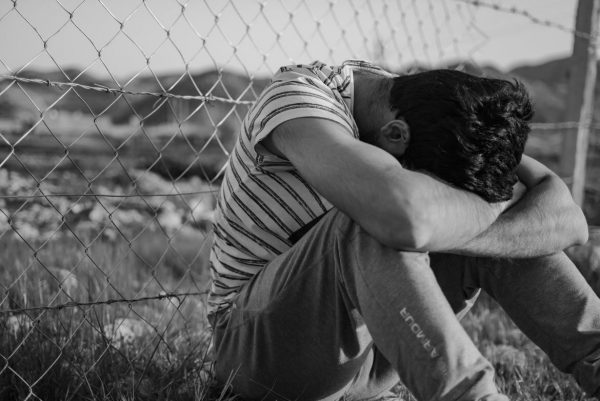 Causes of drug addiction
Causes of drug addiction
Like many mental health disorders, there are several causes that lead to drug addiction development:
Addiction history within the family. Having a blood relative with an alcohol or drug addiction puts you at a greater risk of developing one.
Other mental health disorders such as depression or anxiety. Many people start taking drugs as a way to cope with painful feelings.
Environmental factors represent one of the most common causes of drug use, especially within young people.
Family issues may increase the risk of addiction, as can a lack of parental supervision.
Highly addictive drugs may result in faster development of addiction than other drugs: cocaine or opioid painkillers.
The way to a drug free life. Treatment options for overcoming your alcohol or drug problem
There are multiple treatment options for drug addiction, including:
- Counseling
- Medication
- Medical devices used to treat withdrawal symptoms
- Treatment for other mental health issues that may occur
- Regular follow-ups to prevent relapse
 Counseling
Counseling
Counseling or behavioral therapies help patients change their attitude and approach towards drug use, and gain healthy life skills. There are multiple programs and associations providing support to patients, including individual or group drug counseling.
On the other hand, many patients need support to be provided within an inpatient or residential treatment. They offer 24-hour intensive care, including safe housing and medical attention.
Medication and medical devices
It’s important to mention that detoxification represents the first part of the treatment. Without medication or medical devices, patients usually resume their drug use. Therefore, most drug addicts need medication to help them re-establish normal brain functions and decrease the cravings.
 Overcoming your alcohol or drug problems. Conclusion
Overcoming your alcohol or drug problems. Conclusion
Yes, alcohol or other drug addictions can be treated, but it’s not easy. Because addiction is a chronic disease, people can’t just stop drinking alcohol or quit drugs for a few days and be cured.
Most people who drink heavily or take addictive drugs need long-term treatment to stop using the substances completely and recover their lives.
Key takeaway: whatever challenge you may be facing, alcohol or other addictive drugs are definitely NOT a solution.
Read more: How To: Quit Smoking
What age can you get a tattoo? Tattooing laws
